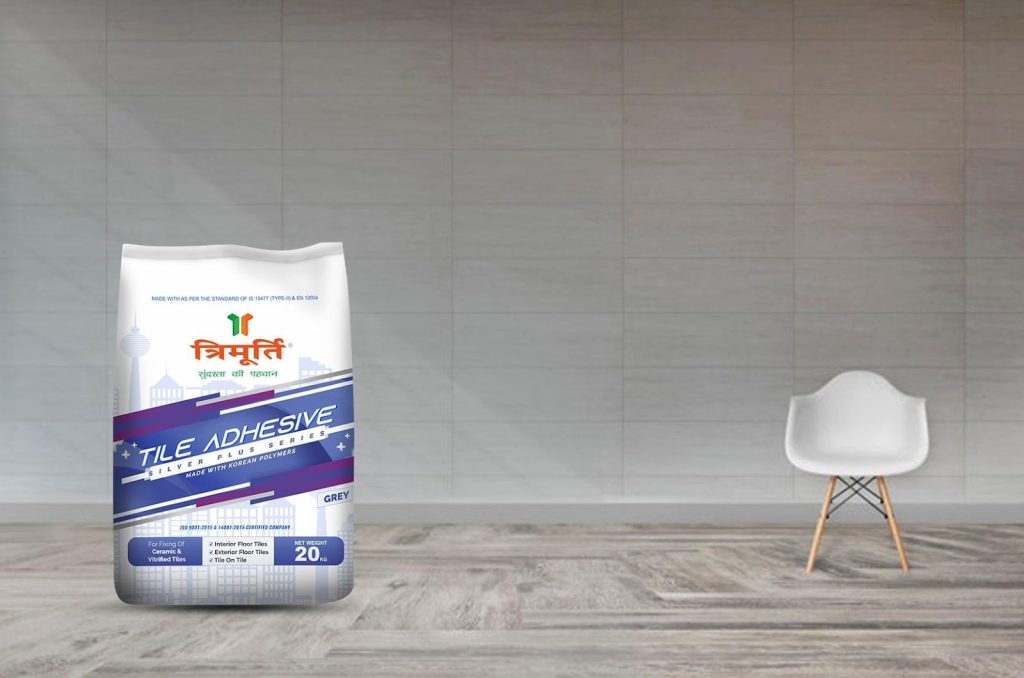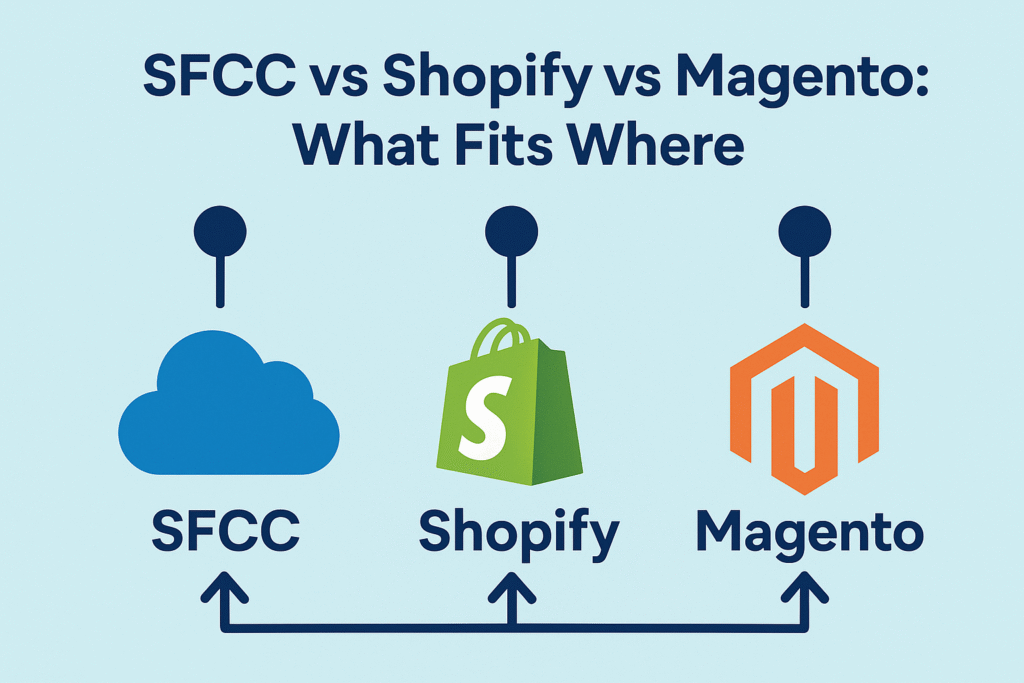Choosing the proper tile adhesive to use whilst tiling the kitchen, toilet or another part of your property is vital whilst you want a great end so that it will ultimate for a long time. An even similar result of improving the overall quality and durability of the walls could be achieved while selecting a good brand of wall putty. This comprehensive post will cover topics like the advantages of certain tile adhesive, and how wall putty prices affect the extent and overall expense of the project.
What Every Smart User Should Know About Tile Adhesives:
To affix tiles to various substrates such as walls, floors, and counters it is required that you use tile adhesives as some of the essentials that you must take. The particular formulas of each of these adhesives are intended to address the particular needs of tile application and the surrounding climate. Understanding some important facts about the characteristics and types of different tile adhesive kinds may prove useful when selecting one for your project.
Adhesive Types for Tile:
Of all the types of tile adhesives, cementitious adhesives are the most popular and flexible in their utility. They are formed from sand, cement, and additional features that enhance their properties of attachment. Cementitious adhesives can be employed in any area and for different purposes –facing and backsplash as well as interior and exterior. Ceramic tiles are a preferred choice among commercial floor tilers and people who are laying the tiles themselves because they are comparatively low cost and have a high level of adhesive properties.
One of the advantages of cementitious adhesives is their ability to endure fluctuations in temperature and moisture content exposure. For spaces like bathrooms, kitchens, and outside walls, this makes them perfect. They also offer greater flexibility during tile installation and are simple to work with due to their extended open duration.
Known by another name, ready-mixed adhesives, dispersion adhesives are ready to use right out of the bucket and have a paste-like consistency. Acrylic-based water or other polymer emulsions make up the majority of these adhesives. For wall tiling in dry or low-moisture conditions, they are especially good because of their great initial grasp.
Dispersion adhesives’ primary benefit is how simple they are to utilize. They are faster and less likely to result in mistakes during preparation because they don’t need to be mixed. In comparison to cementitious adhesives, they also have a longer pot life, which is advantageous for bigger projects or tilers with less experience. They are usually not advised to be used outdoors or in locations that are exposed to a certain amount of moisture.
These adhesives are normally -aspect combinations that therapy chemically. Polyurethane- and epoxy-based adhesives are the most popular kind. Particularly well-suited for niche markets like manufacturing facilities, swimming pools, and locations subject to strong chemicals, reaction resin adhesives have outstanding bond strength and chemical resistance.
Reaction resin adhesives have several benefits, the main ones being their ability to stick to a variety of surfaces, outstanding water and chemical resistance, and exceptional bonding strength. Non-porous tiles and other materials that could be difficult to bind together with other adhesive kinds can also be bonded with them. Nevertheless, their cost is typically higher and they need to be applied carefully.
Selecting the Appropriate Sticky Material for Your Task:
Sort and Dimension of Tiles: Varying adhesive qualities are needed for various tile types. An adhesive with greater bond strength and flexibility, for instance, would be needed to stop large-format tiles from splitting or falling apart. To avoid discoloration or stains, natural stone tiles may require the use of white adhesive.
Substrate: The adhesive that you choose is greatly influenced by the surface on which you will be laying the tiles. For correct bonding, certain adhesives could be needed for materials like metal or wood. Picking an adhesive calls for thinking of the substrate’s porosity, flexibility, and moisture content.
Setting Time: Fast-setting adhesives may help if you have to finish the project quickly. It may be difficult for less skilled tilers, though, to remember that these adhesives usually have shorter working durations.
Influence of Wall Putty on Your Project:
Before painting or installing tiles, wall putty is essential for creating level, smooth wall surfaces. It makes a uniform base for additional finishing by aiding in the filling of small holes, cracks, and irregularities. Depending on the brand, quality, and quantity needed for your job, wall putty might range in price dramatically.
Why Is a Good Wall Putty Essential?
You may make a big difference in the longevity and ultimate look of your walls by investing in high-quality wall putty. Increased resistance to moisture and cracks, improved adherence, and a smoother surface are frequently provided by premium wall putties. In terms of wall longevity and aesthetics, the long-term advantages might sometimes surpass the initial cost difference, even though they could be more expensive.
The cost of wall putty can be affected by several factors:
Reputation of the Brand: Because of their dependability and effectiveness, well-known companies with a history of manufacturing putties of superior quality sometimes fetch higher costs.
Composition: Wall putties with exceptional performance and longevity are typically more costly when manufactured using premium raw materials and cutting-edge formulas.
Quantity: Discounts per unit are frequently achieved when purchasing wall putty in quantity, which is advantageous for more extensive projects.
Extra Benefits: Certain wall putties include extra features like flexibility, anti-fungal qualities, or quicker drying periods. Depending on your particular demands, these features may be worth the extra cost.
Quality wall putty is the foundation for your wall’s appearance and durability, therefore when planning your project budget, make sure to include enough money for it. Think of it not as a place to save expenses, but as an investment in the long-term quality of your area.
Conclusion:
Assuring the success and durability of your tiling and wall finishing projects depends on selecting the proper wall putty and tile adhesive. You may make wise selections that strike a balance between performance, durability, and cost-effectiveness by being aware of the benefits of various adhesive kinds, taking into account reliable brands, and accounting for wall putty price and quality.
Recall that, despite the allure of choosing less expensive options, lasting improvements in durability, visual appeal, and low maintenance requirements frequently result from investing in high-quality materials. Examine your project’s particular requirements, get professional advice where necessary, and select products that will work best for your particular circumstance. Beautiful, long-lasting results that raise the value and appeal of your space can be achieved with the right supplies and application techniques.



